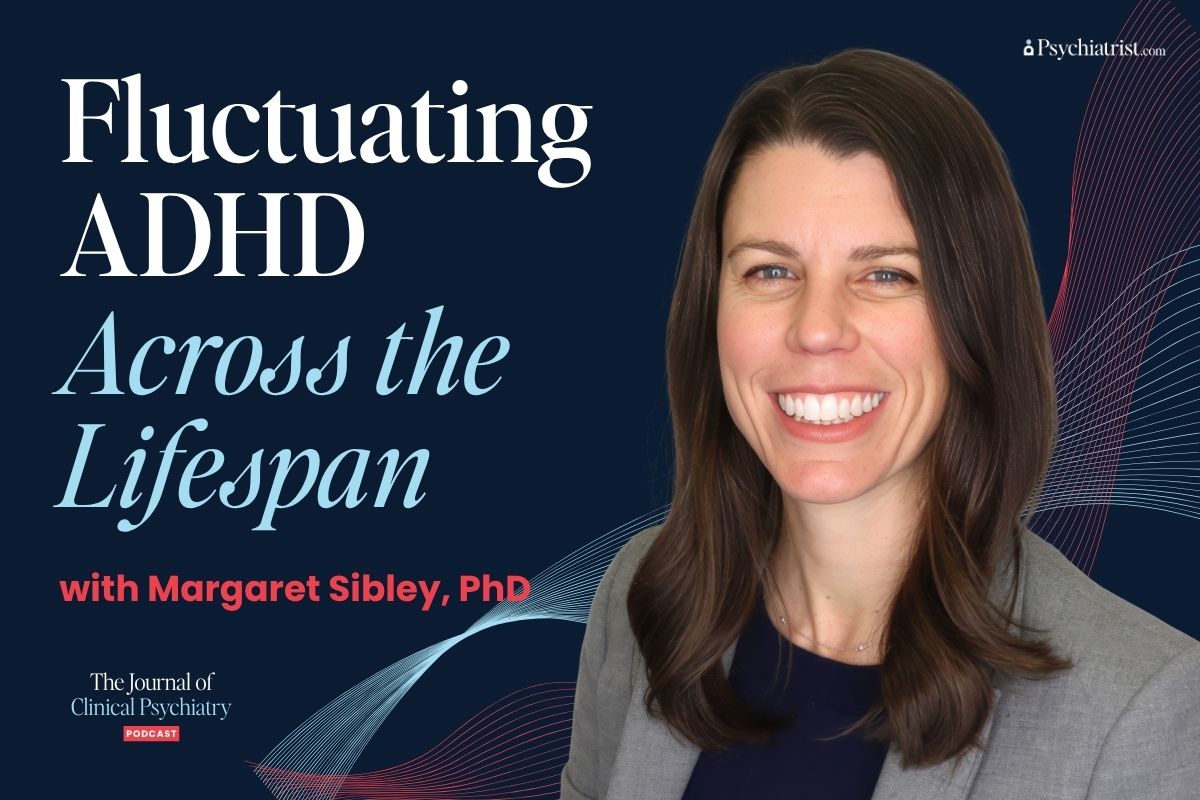Abstract
Objective: To examine the effects of treatment sequence of parent stimulant medication (MED) and behavioral parent training (BPT) on child, maternal, and parenting outcomes among multiplex attention-deficit/hyperactivity disorder (ADHD) families using a pilot Sequential Multiple Assignment Randomized Trial (SMART) design.
Methods: To be eligible, mothers had to meet DSM-IV diagnostic criteria for ADHD, and their children had to have elevated ADHD symptoms. Thirty-five mother-child dyads were randomized at baseline and again at week 8. The resulting 4 sequences were MED MED, BPT-BPT, MED-BPT, and BPT MED. Outcomes included child ADHD symptoms, child impairment, maternal ADHD symptoms, and parenting at week 16. Data were collected from September 2012 to December 2016.
Results: The BPT-MED sequence demonstrated the most favorable outcomes for child ADHD symptoms (effect size= −0.36) and child impairment (effect sizes −0.33 to −0.51). All 3 sequences involving medication demonstrated similar impact on maternal ADHD symptoms (effect sizes ranged from −0.32 to −0.48). The BPT-MED (effect sizes ranged from 0.30 to 0.35) had the most favorable effects on positive parenting outcomes. For negative parenting outcomes, BPT-MED (effect size= −0.50 for self report) and BPT-BPT (effect size= −0.08 for observation) had the most favorable outcomes.
Conclusions: Overall, based on this pilot SMART, combination treatment may be helpful for most multiplex ADHD families, and sequencing treatments with BPT first followed by stimulant medication for the mother may be the most promising approach to improve child ADHD symptoms, impairment, and parenting. These results require replication with a fully powered SMART design. We conclude with considerations for implementing a model of care for multiplex ADHD families.
Trial Registration: ClinicalTrials.gov identifier: NCT01816074.
J Clin Psychiatry 2025;86(1):24m15463
Author affiliations are listed at the end of this article.
Members Only Content
This full article is available exclusively to Professional tier members. Subscribe now to unlock the HTML version and gain unlimited access to our entire library plus all PDFs. If you're already a subscriber, please log in below to continue reading.
References (27)

- Kleppesto TH, Eilertsen EM, van Bergen E, et al. Intergenerational transmission of ADHD behaviors: genetic and environmental pathways. Psychol Med. 2024;54(7):1309–1317.
- Faraone SV, Larsson H. Genetics of attention deficit hyperactivity disorder. Mol Psychiatry. 2019;24(4):562–575.
- Johnston C, Chronis-Tuscano A. Parental ADHD: relations to parenting, child behavior, and treatment outcomes. J Abnorm Child Psychol. 2017;45(3):411–413.
- Chronis-Tuscano A, Wang CH, Woods KE, et al. Parent ADHD and evidence-based treatment for their children: review and directions for future research. J Abnorm Child Psychol. 2017;45(3):501–517.
- Harold GT, Leve LD, Barrett D, et al. Biological and rearing mother influences on child ADHD symptoms: revisiting the developmental interface between nature and nurture. J Child Psychol Psychiatry. 2013;54(10):1038–1046.
- DuPaul GJ, Evans SW, Mautone JA, et al. Future directions for psychosocial interventions for children and adolescents with ADHD. J Clin Child Adolesc Psychol. 2020;49(1):134–145.
- Wolraich ML, Hagan JF, Allan C, et al. Clinical practice guideline for the diagnosis, evaluation, and treatment of attention-deficit/hyperactivity disorder in children and adolescents. Pediatrics. 2019;144(4):e20192528. PubMed
- Chronis-Tuscano A, Seymour KE, Stein MA, et al. Efficacy of osmotic-release oral system (OROS) methylphenidate for mothers with attention-deficit/hyperactivity disorder (ADHD): preliminary report of effects on ADHD symptoms and parenting. J Clin Psychiatry. 2008;69(12):1938–1947. PubMed
- Chronis-Tuscano A, Rooney M, Seymour KE, et al. Effects of maternal stimulant medication on observed parenting in mother–child dyads with attention-deficit/hyperactivity disorder. J Clin Child Adolesc Psychol. 2010;39(4):581–587.
- Waxmonsky JG, Waschbusch DA, Babinski DE, et al. Does pharmacological treatment of ADHD in adults enhance parenting performance? Results of a double blind randomized trial. CNS Drugs. 2014;28(7):665–677.
- Jans T, Jacob C, Warnke A, et al. Does intensive multimodal treatment for maternal ADHD improve the efficacy of parent training for children with ADHD? A randomized controlled multicenter trial. J Child Psychol Psychiatry. 2015;56(12):1298–1313.
- Almirall D, Chronis-Tuscano A. Adaptive interventions in child and adolescent mental health. J Clin Child Adolesc Psychol. 2016;45(4):383–395.
- Schoenfelder EN, Chronis-Tuscano A, Strickland J, et al. Piloting a sequential, Multiple assignment, randomized trial for mothers with attention-deficit/ hyperactivity disorder and their at-risk young children. J Child Adolesc Psychopharmacol. 2019;29(4):256–267.
- Chronis-Tuscano A, Wang CH, Strickland J, et al. Personalized treatment of mothers with ADHD and their young at-risk children: a SMART pilot. J Clin Child Adolesc Psychol. 2016;45(4):510–521.
- First MB, Spitzer RL, Gibbon M, et al. Structured Clinical Interview for DSM-IV-TR Axis I Disorders, Research Version, Patient Edition. Biometrics Research, New York State Psychiatric Institute; 2002.
- Kaufman J, Birmaher B, Brent D, et al. Schedule for Affective Disorders and Schizophrenia for School-Age Children-Present and Lifetime Version (K-SADS-PL): initial reliability and validity data. J Am Acad Child Adolesc Psychiatry. 1997;36(7):980–988. PubMed
- Barkley R, Benton C. Your defiant child. In: Eight Steps to Better Behavior. 2nd ed. The Guilford Press; 2013.
- Keith Conners C. Conners. 3rd ed. Multi-Health Systems; 2008.
- Keith Conners C. Conners Early Childhood. Multi-Health Systems; 2009.
- Fabiano GA, Pelham WE Jr, Waschbusch DA, et al. A practical measure of impairment: psychometric properties of the Impairment Rating Scale in samples of children with attention deficit hyperactivity disorder and two school-based samples. J Clin Child Adolesc Psychol. 2006;35(3):369–385.
- Conners CK, Erhardt D, Sparrow E. Conners’ Adult ADHD Rating Scale (CAARS). Multi-Health Systems; 1998.
- Adler L, Cohen J. Diagnosis and evaluation of adults with attention-deficit/ hyperactivity disorder. Psychiatr Clin North Am. 2004;27(2):187–201.
- Frick PJ. Alabama Parenting Questionnaire. University of Alabama; 1991.
- Eyberg S, Nelson M, Ginn N, et al. Dyadic Parent-Child Interaction Coding System: Comprehensive Manual for Research and Training. 4th ed. PCIT International; 2013.
- Pelham WE, Fabiano GA, Waxmonsky JG, et al. Treatment sequencing for childhood ADHD: a multiple-randomization study of adaptive medication and behavioral interventions. J Clin Child Adolesc Psychol. 2016;45(4):396–415.
- Kolar D, Keller A, Golfinopoulos M, et al. Treatment of adults with attention deficit/hyperactivity disorder. Neuropsychiatr Dis Treat. 2008;4(2):389–403.
- Lui JHL, Danko CM, Triece T, et al. Screening for parent and child ADHD in urban pediatric primary care: pilot implementation and stakeholder perspectives. BMC Pediatr. 2023;23(1):354.





